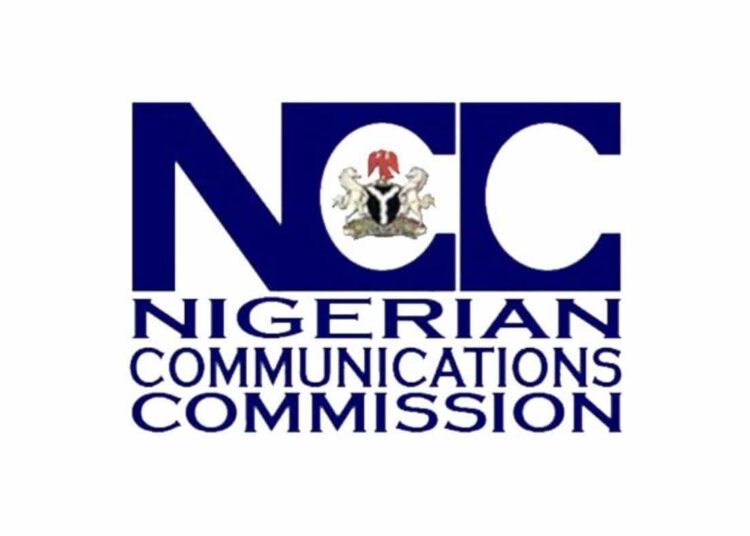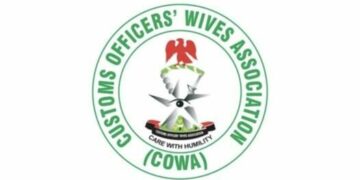The Nigerian Communications Commission (NCC) has directed Deposit Money Banks (DMBs) to stop deducting charges for Unstructured Supplementary Service Data (USSD) transactions directly from customers’ bank accounts, signaling a major regulatory shift that follows years of unresolved debt and conflict between banks and mobile network operators (MNOs).
Under the new arrangement, which took effect yesterday, June 3, USSD transaction fees will now be deducted from customers’ mobile airtime instead of their bank accounts.
The decision is in line with the NCC’s End-User Billing (EUB) model and is seen as a strategic intervention to end the long-standing N250 billion debt dispute between Nigerian banks and telecom operators over unpaid USSD fees.
According to a notification sent to customers by the United Bank for Africa (UBA), each USSD session will now attract a fee of N6.98 per 120 seconds, charged by the user’s mobile network provider. Users will receive a prompt to provide consent before airtime is deducted, and deductions will only occur if the service is available from the bank at that time.
“In line with the directive of the Nigerian Communications Commission (NCC), please be informed that effective June 3, 2025, charges for USSD banking services will no longer be deducted from your bank account.
“Going forward, these charges will be deducted directly from your mobile airtime balance in accordance with the NCC’s End-User Billing (EUB) model. Under this new billing structure, each USSD session will attract a charge of N6.98 per 120 seconds, which will be billed by your mobile network operator.
“You will receive a consent prompt at the start of each session, and airtime will only be deducted upon your confirmation and availability of the bank to fulfil this service.
If you do not wish to continue using USSD banking under this new model, you may choose to discontinue use of the USSD channel,” the statement reads.
The new model offers consumers the choice to either continue using USSD services under the airtime billing model or opt out and switch to other digital banking alternatives such as mobile apps and internet banking platforms.
The NCC’s directive marks a critical turning point in a years-long standoff between MNOs and commercial banks over who should bear the cost of USSD services. USSD is widely used in Nigeria for quick, low-data financial transactions, especially among customers without access to smartphones or stable internet connectivity.
Disagreements over the revenue-sharing formula and payment obligations led to an accumulation of debt estimated at N250 billion by late 2024, owed by banks to telecom operators. The situation reached a head in December 2024 when both the NCC and the Central Bank of Nigeria (CBN) jointly directed all parties to resolve the impasse.
In January 2025, the NCC threatened to suspend USSD services altogether and publish a list of defaulting banks. The regulator later instructed telecom providers to disconnect USSD codes assigned to nine banks by January 27 due to their failure to meet payment obligations.
In a partial breakthrough, MTN Nigeria disclosed in February that it had received N32 billion out of its N72 billion claim from commercial banks, an indication of gradual progress but not a full resolution. With this billing model now in force, attention is likely to shift toward how effectively it is implemented across all banks and mobile networks.
The NCC has not issued a new public statement on the policy shift as of press time. Efforts to obtain clarification from the commission were yet to receive a response.





